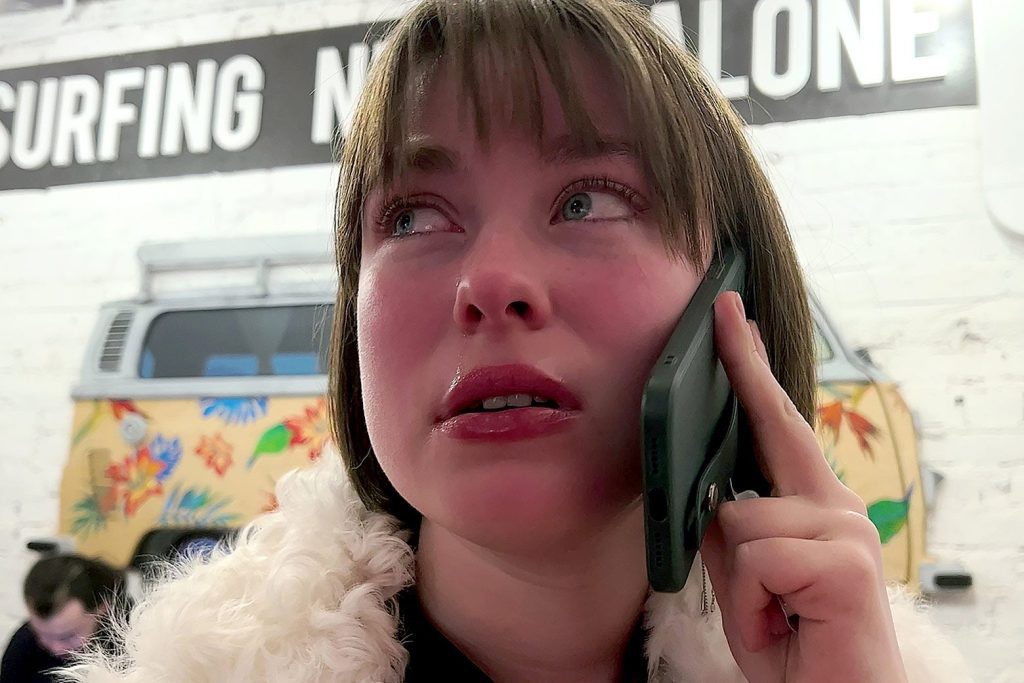Despair in America
Last week, a friend texted, “I’ve pretty much given up on this country.” The events of the past few months resemble the climax of a disaster movie, with American institutions collapsing under unprecedented pressure. Renowned universities, powerful law firms, major corporations, and influential media outlets have yielded to presidential pressure without much resistance. Government agencies have been dismantled overnight, masked law enforcement patrol the streets, and social safety nets have been curtailed to fund new detention centers. The concern now is whether there’s even a country left to hold on to.
Documentary Insights
It might not seem like the best time to dive into a lengthy documentary about press freedom in Putin’s Russia, but Julia Loktev’s My Undesirable Friends: Part I—Last Air in Moscow captivates from the very beginning. Despite its length, it remains gripping, showcasing how the last traces of a free society vanish almost at real time, as its characters grapple with their nation’s transformation and their individual freedoms. The film paves a poignant picture of the extent to which an unbridled state can strip citizens of their rights, yet it also illustrates how they draw strength from one another amid adversity.
Personal Connection
Loktev, originally from the Soviet Union but raised in Colorado after her family’s immigration in the 1970s, felt compelled to document the struggles of young journalists who were labeled as “foreign agents” for criticizing the regime. After reading a 2021 article on the topic, she rushed to Russia to begin filming. By October of that year, she was capturing the last few months before the invasion of Ukraine and the crushing blow to free press in Russia, as highlighted by her opening narration: “The world you’re about to see no longer exists.”
Documenting Harsh Reality
The initial vision for the film involved examining the absurdities of the foreign agent law, which imposes strict regulations on journalists. Loktev recalls pondering how history might view the predicament, likening it to the oppressive Nuremberg Laws in 1930s Germany. As she filmed, her focus shifted with the dramatic increase in repression and the expanding definition of “foreign agents” under the government’s control. Despite the looming threats, she remained dedicated to her task, often keeping her fears at bay.
Navigating the Chaos
Unlike viewers of typical disaster movies, the characters in My Undesirable Friends already find themselves in turmoil. They frequently contemplate leaving Russia as oppression escalates. However, the reality of their existence clashes with the normalcy of life around them, creating a dissonance that feels surreal. Even on the night the war began, Loktev noticed a nearby café bustling with patrons oblivious to the storm brewing in the streets, illustrating the disconnect of living under authoritarianism.
A Portrait of Normalcy
Despite the constant threat of oppressive actions against them, Loktev’s subjects exhibit a sense of normalcy. They share personal moments, such as cooking dinners together, underscoring the enduring human spirit amid crisis. Mironova, a subject in the film, reflects on the importance of these interactions, emphasizing that even in darkness, connections flourish, offering comfort and hope.
Reflections on Exile
Ultimately, the characters in My Undesirable Friends face a heartbreaking decision: flee for safety and continue their advocacy from afar or remain vulnerable in their homeland. As the film concludes, they are left confronting painful choices, with Mironova torn between leaving behind her country and pursuing her fiancé’s release from prison. In spite of the upheaval, she finds value in the love and camaraderie among her colleagues, highlighting the resilience of the human spirit in dire times.



